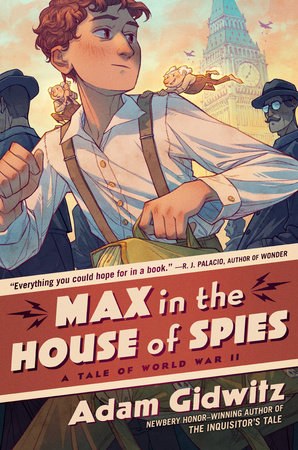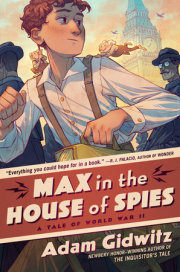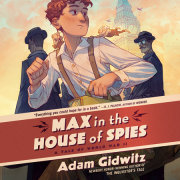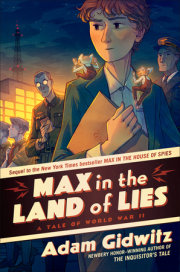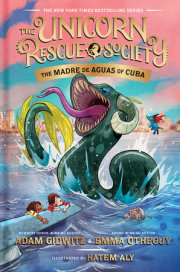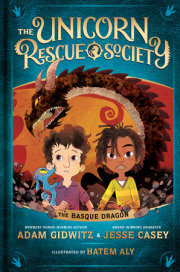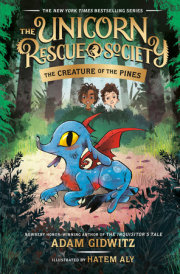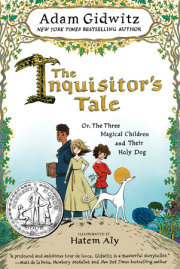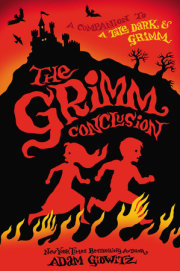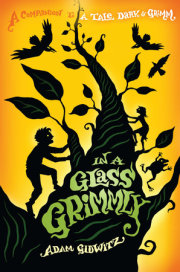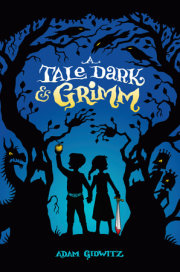Once there was a boy who had two immortal creatures living on his shoulders.
This was the fourth most interesting thing about him.
The first most interesting thing about Max—that was his name—was that he was a genius. He could make a working radio from the junk at the bottom of a trash can, and he could usually predict what someone was going to say ten minutes before they said it.
The second most interesting thing about Max was that, when he was eleven years old, his parents sent him away from Germany, where he was born and grew up, to England. All by himself. Even though he’d never been there, didn’t know anyone there, and barely spoke any English.
The third most interesting thing about Max was that, when he got to England, he fell in with spies. Real, honest-to-goodness spies. A lot of them.
And the fourth most interesting thing about him was that he had two immortal creatures living on his shoulders.
But that’s probably what you have the most questions about, so let’s start there.
The two immortal creatures appeared the day his parents sent him to England.
His family had been arguing about it for weeks. Their small Berlin apartment shook as Max had stomped from the living room to his bedroom to the kitchen and back again, shouting things like:
“You
can’t make me go!”
“Everything is
fine! Who cares about the stupid Nazis?! They don’t matter!”
“What if you
need me?!”
And, more quietly, alone in his room, “
What if I
need you
?”
But no matter what Max said, his parents had refused to change their minds. His mother had held him at the train station against her soft stomach, while his small, thin father had stroked Max’s hair. They’d waved as the train pulled out, taking Max and the 198 other Jewish children to Holland and the ferry. Max hadn’t waved back. He’d just stared at them and thought,
How could you do this?
Copyright © 2024 by Adam Gidwitz. All rights reserved. No part of this excerpt may be reproduced or reprinted without permission in writing from the publisher.

